Question And Answer
Publications
Articles, publications, books, tools and multimedia features from the U.S. Institute of Peace provide the latest news, analysis, research findings, practitioner guides and reports, all related to the conflict zones and issues that are at the center of the Institute’s work to prevent and reduce violent conflict.
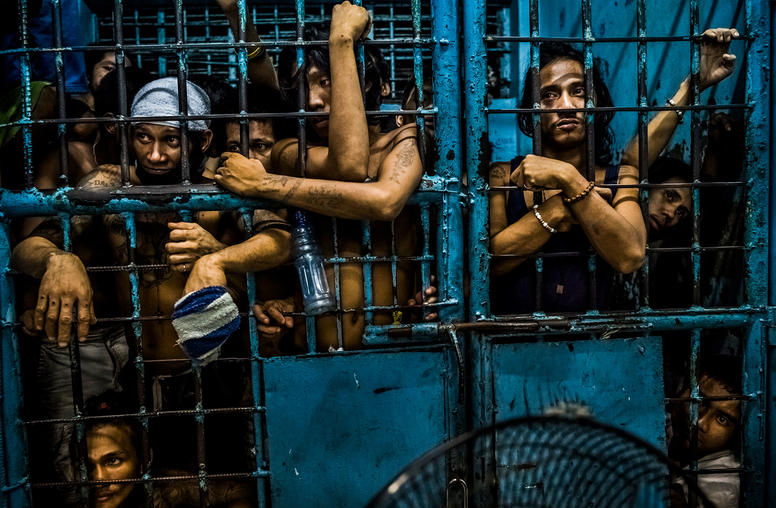
To Consolidate Democracy, Change U.S. Security Assistance
As the United States pursues its initiative to bolster democratic rule and human rights after last week’s Summit for Democracy, a priority should be to diagnose and repair the flaws in U.S. and allied approaches to helping vulnerable nations strengthen their security. Our existing pattern of security sector assistance focuses largely on training and equipping such nations’ forces, and it emphasizes the security of governments and institutions, rather than of the people they are meant to serve. This type of assistance prioritizes short-term tactical gains to the detriment of long-term U.S. strategic goals—and it should be reformed.
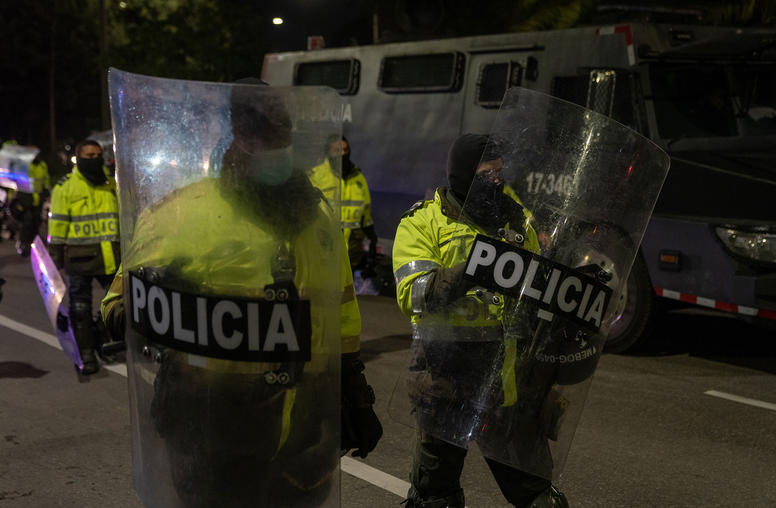
Colombia Police Reform: The Critical Need to Include Rural Forces
The Colombian government, seeking to reform its National Police in a time of security challenges and mass protests, has focused on big-city units that sit in the national spotlight. While the reform efforts are generally praiseworthy, the emphasis on urban areas creates the risk of losing sight of the country’s rural regions — places where guerrillas and other armed actors hold sway, and the fate of peace efforts will ultimately be determined. The resolve and capacity of rural police and courts to meet the needs of citizens in these zones will be critical to achieving meaningful and lasting peace.
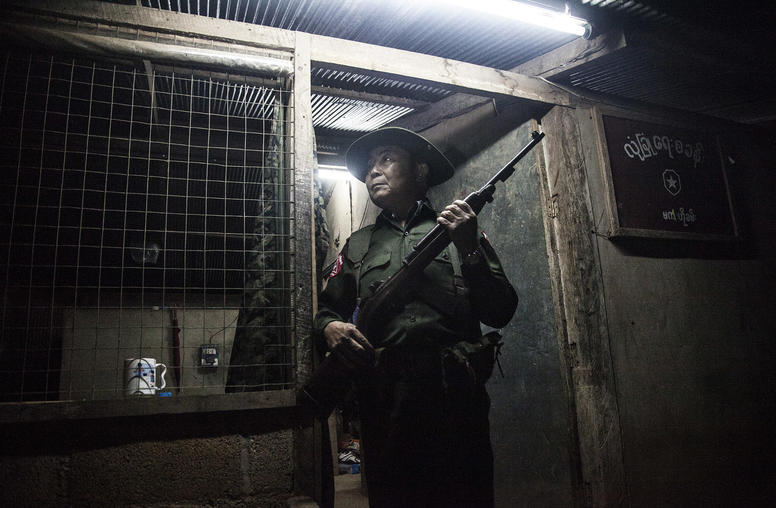
The Myanmar Army’s Criminal Alliance
In December 2021, at a grand ceremony in Myanmar’s capital Naypyidaw, the country’s military chief — and leader of last year’s coup — awarded the highest honors for “extraordinary contributions to the development of the state” to an internationally obscure entrepreneur named Liu Zhengxiang.
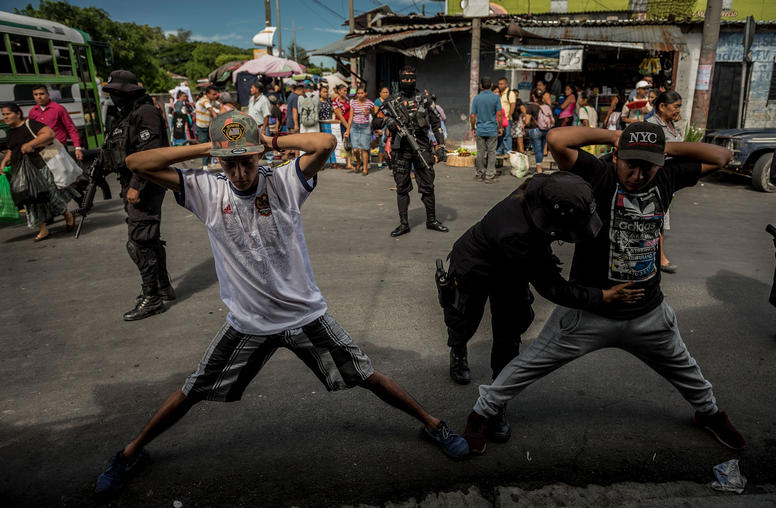
El Salvador Needs Long-Term Solutions to End Cycles of Violence
The government of El Salvador reacted harshly to a recent spike in homicides by imposing a state of emergency and rounding up thousands of suspected gang members. Recent history suggests that law enforcement alone cannot solve the problem without comprehensive gang prevention, intervention and rehabilitation programs in marginalized communities. USIP’s Mary Speck discusses violence in El Salvador and how the country can reduce crime while still respecting human rights.

El Salvador necesita soluciones a largo plazo para poner fin a los ciclos de violencia
El gobierno de El Salvador reaccionó con dureza ante un reciente aumento en los homicidios al imponer un Estado de emergencia y detener a miles de presuntos pandilleros. La historia reciente sugiere que la aplicación de la ley por sí sola no puede resolver el problema sin tener programas integrales de prevención, intervención y rehabilitación de pandillas en comunidades marginadas. Mary Speck de USIP analiza la violencia en El Salvador y cómo el país puede reducir el crimen sin dejar de respetar los derechos humanos.

In Niger, Foreign Security Interests Undermine Stability—What Can Be Done?
Over the past decade, the United States, France, and the European Unionhave drastically increased security assistance to countries in the Sahel region. They have done so to address two perceived transnational threats—violent extremism and mass migration to Europe—but have often neglected Sahel countries’ own interests and long-term stability. Nowhere is this more apparent than in Niger, the world’s poorest country.
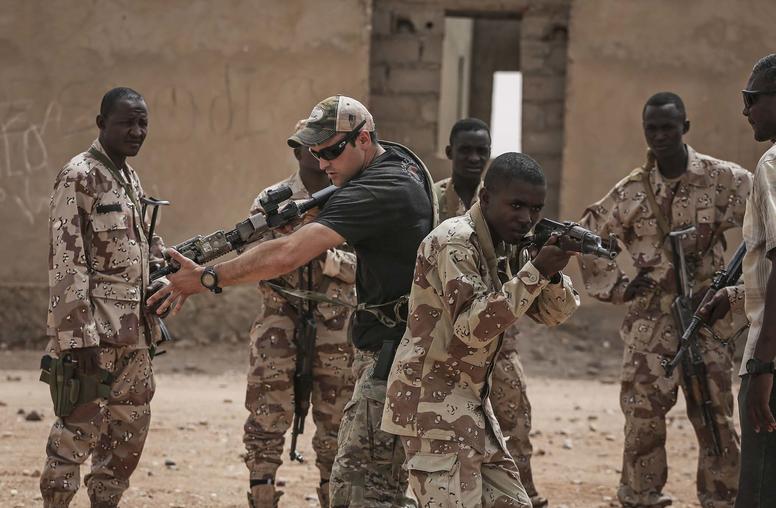
Global Fragility Act: A Chance to Reshape International Security Assistance?
When the new U.S. administration gets to work, domestic priorities will be front and center on the agenda. Preventing state fragility and violent extremism abroad may seem less urgent. But implementing the Global Fragility Act (GFA)—which aims to fulfill those goals—should remain a top priority. Successfully advancing the GFA would directly benefit U.S. national security and help establish a more values-driven foreign policy. To this end, the United States should work with allies to create a global architecture for security sector assistance built on principles of aid effectiveness adapted from development financing. A U.S.-brokered international consensus on security assistance would help stabilize fragile states, prevent violence, and increase the value of dollars spent on the GFA.
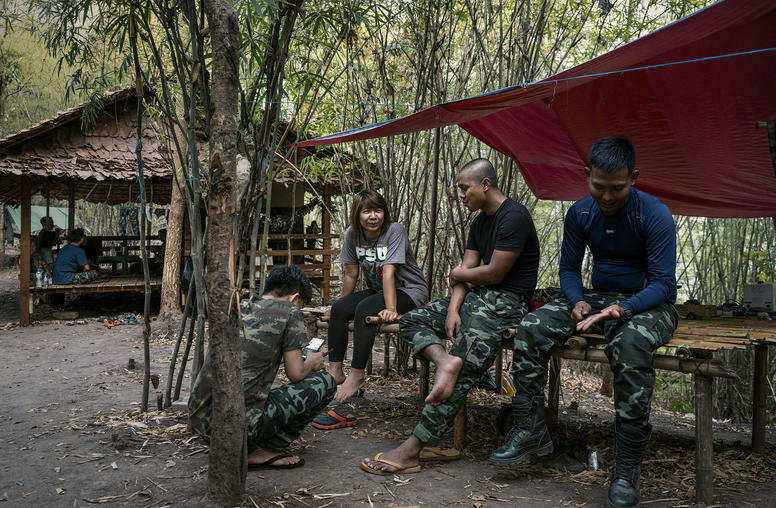
The Role of Women in Myanmar’s Evolving Security Institutions
Myanmar’s women have assumed an unprecedented leadership role in the pro-democracy resistance since the 2021 coup. From nonviolent protest movements to fighting in People’s Defense Forces (PDF) to the National Unity Government (NUG), women have been instrumental in the fight against the ruling junta’s brutality and oppression. But as Myanmar’s network of resistance groups slowly weakens the junta’s grip, resistance leaders are now faced with a daunting task: How do you re-establish security and stability in a country long plagued by civil conflict?

Honduras Makes Progress in Tamping Violence — But at What Cost?
“Historic reduction in the homicide rate,” the Honduran government tweeted in a thread celebrating security achievements during President Xiomara Castro’s first year in office. The country’s official rate of 36 murders per 100,000 people in 2022 (down six points from 2021) still places Honduras among Latin America’s — and the world’s — most violent countries. But it represents clear progress since the early 2010s, when the impoverished Central American country seemed caught in a spiral of violence linked to street gangs and drug traffickers, with rates topping 85 murders per 100,000.

Honduras progresa en controlar la violencia, ¿es posible hacerlo de forma sostenible?
“Reducción histórica en la tasa de homicidios”, tuiteó el gobierno hondureño en un hilo celebrando los logros en materia de seguridad durante el primer año en el cargo de la presidenta Xiomara Castro. La tasa oficial del país de 36 asesinatos por cada 100.000 habitantes en 2022 (seis puntos menos que en 2021) mantiene a Honduras entre los países más violentos de América Latina y del mundo. Pero representa un claro avance desde principios de la década de 2010, cuando el empobrecido país centroamericano parecía atrapado en una espiral de violencia vinculada a las pandillas callejeras y al narcotráfico, con tasas que superaban los 85 asesinatos por cada 100.000 habitantes.